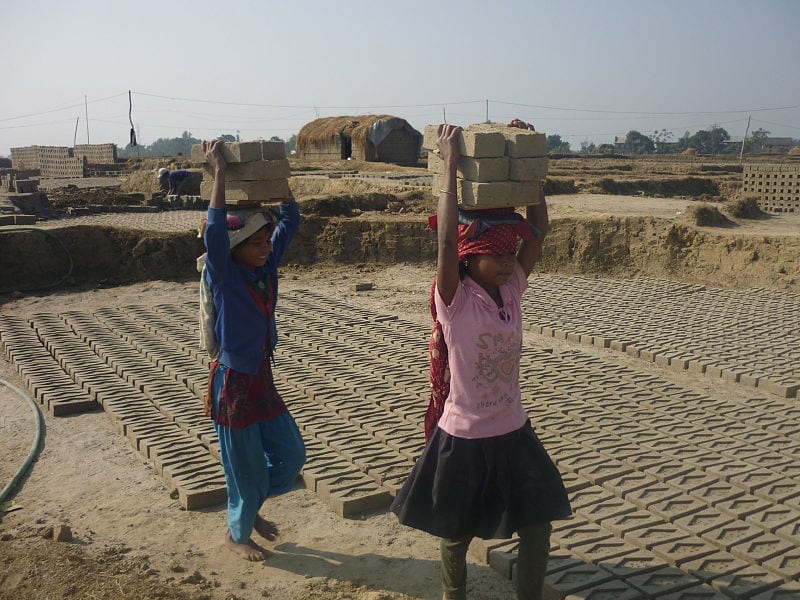
Ending child labor, forced labor and human trafficking in global supply chains
Achieving commitments under the Sustainable Development Goals (SDGs) to end child labour, forced labour and human trafficking requires that governments, business, the financial sector and civil society take strong action to address the root causes and determinants of these human rights violations. While global supply chains have the potential to generate growth, employment, skill development and technological transfer, they have also been linked to human rights violations and abuses.
Ending child labour, forced labour and human trafficking in global supply chains presents research findings and recommendations on child labour, forced labour and human trafficking in global supply chains. Jointly authored by the ILO, OECD, IOM and UNICEF under the aegis of Alliance 8.7, the report also represents the first ever attempt to measure these human rights abuses and violations on a large scale. It is divided into two parts:
– Understanding child labour, forced labour and human trafficking in global supply chains
– Responding to child labour, forced labour and human trafficking in global supply chains
A preliminary version of the report was presented at the G20 Labour and Employment Ministers’ Meeting in Matsuyama, Japan, on 1-2 September 2019.
The final version was released during the Paris Peace Forum on 12 November 2019.
Read the full report here.
